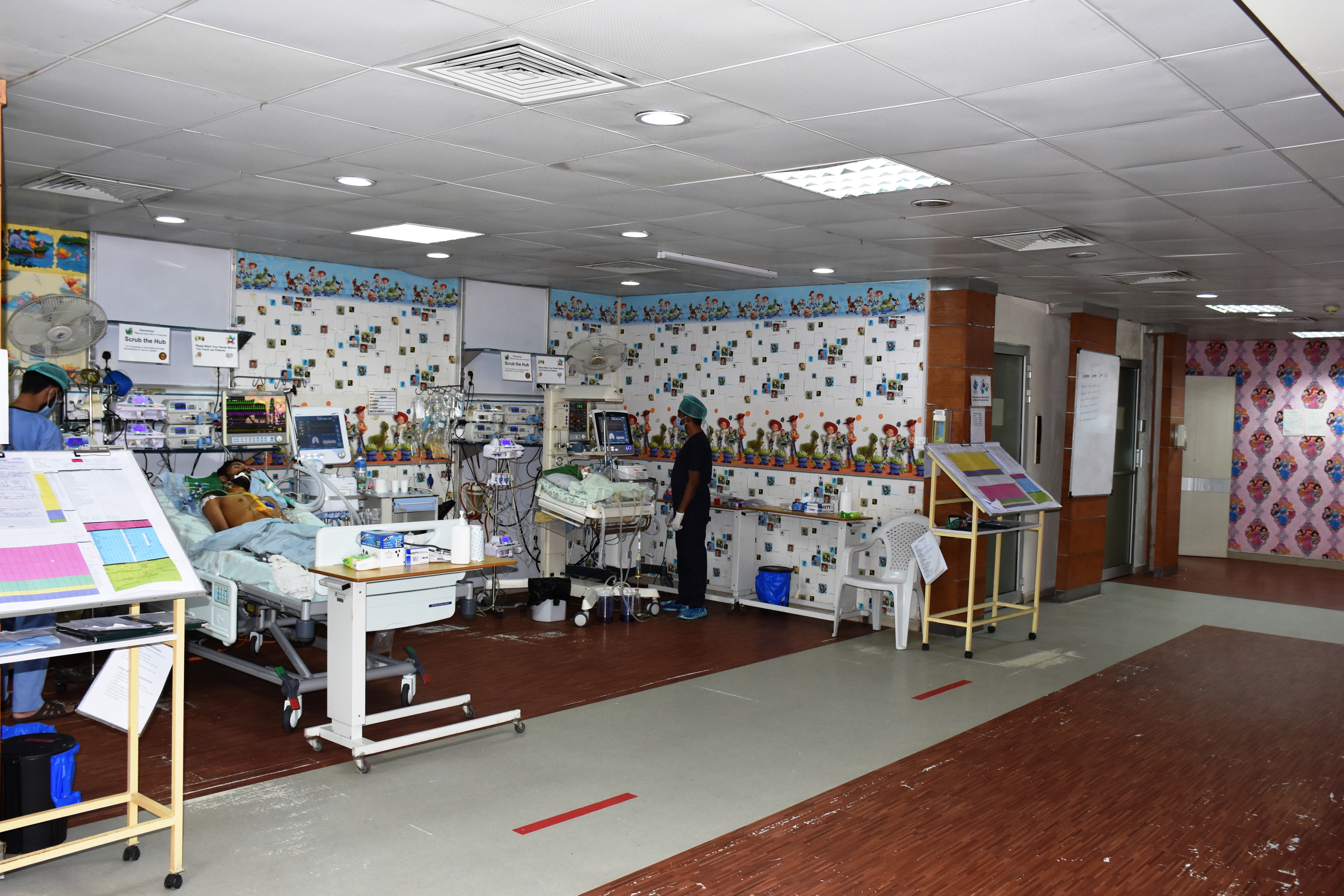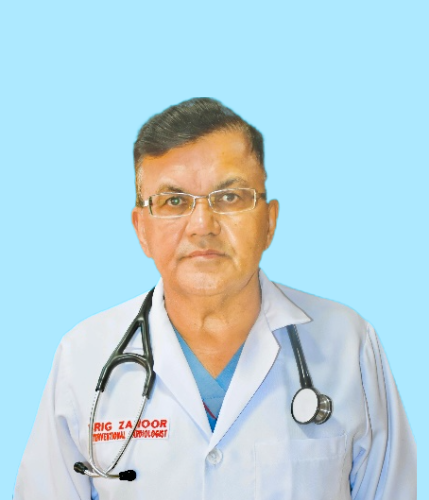
Armed Forces Institute of Cardiology / National Institute of Heart Diseases
(+92) 51-927-1002
Military Hospital Rd, Rawalpindi
At AFIC-NIHD, compassionate service meets advanced medical expertise, ensuring the highest standard of care for our patients.
Learn More
Welcome to AFIC-NIHD – Armed Forces Institute of Cardiology & National Institute of Heart Diseases, where our commitment to compassionate, patient-centered care defines every aspect of what we do.
Our comprehensive services include online health support, advanced cardiogram diagnostics, and specialized cardiac care, backed by 24/7 Emergency support. Our diagnostic testing and commitment to excellence reflect our dedication to always being there for you and your family. Trust AFIC-NIHD for all your healthcare needs, and experience the quality and compassion that sets us apart.



Commandant/Executive Director

HOD of Cardiology Department

HOD of Cardiac Surgery

HOD of Anaesthesia & Intensive Care
Scheduling your appointment at AFIC-NIHD is quick and easy. Our dedicated team is here to ensure you receive the care you need at a time that works for you. Whether you’re booking a routine checkup, a diagnostic test, or a specialist consultation, we are committed to providing a seamless and personalized experience. Simply reach out to us, and let us support you on your path to better health.
(+92) 51-927-1002
Military Hospital Rd,
Rawalpindi, Pakistan
Mon-Fri 09:00-20:00
Sat-Sun Emergency only